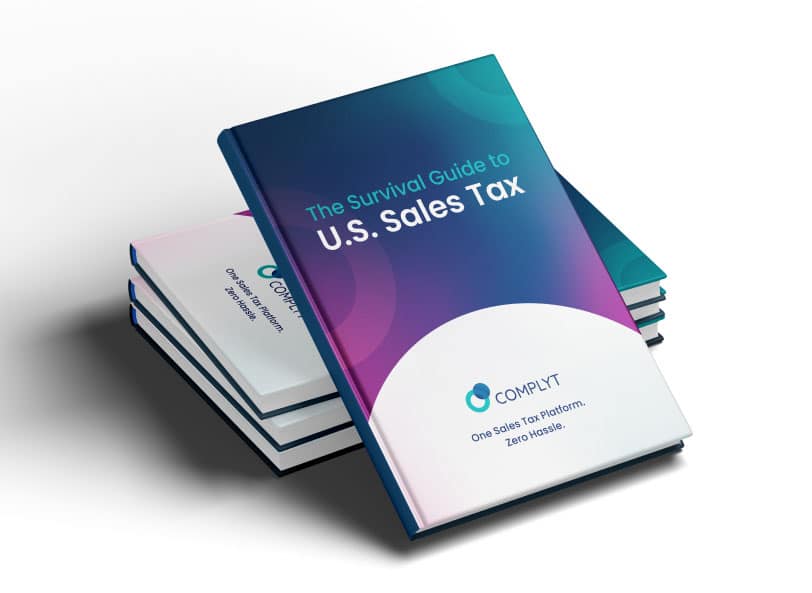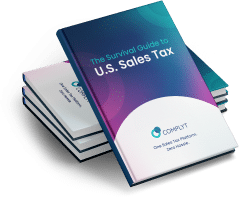What is the sales tax rate in Washington?
The state sales tax rate in Washington is 6.5% as of 2023, but local jurisdictions add their own rates on top of the state’s tax. Therefore, the total tax rate varies by location, with combined rates potentially exceeding 10.1% in some areas.
When should your business collect Sales Tax in Washington?
Businesses in Washington are required to collect sales tax when they have a nexus in the state. This means your business has a significant connection to Washington, either through physical presence or surpassing the economic threshold for sales.
Washington Physical Sales Tax Nexus
Having a physical nexus in Washington means that your business has a physical presence in the state.
Sales Tax Physical Nexus checklist for Washington
These are some conditions that establish a physical nexus in Washington: Having an office, distribution house, sales house, warehouse, service enterprise, or other place of business, maintaining a stock of goods in the state, regularly employing sales representatives, agents, or solicitors, providing services or holding real or personal property for rent.
Washington Economic Nexus: Revenue, Thresholds and Transactions
Economic nexus in Washington exists if your business has more than $100,000 in gross retail sales in the state in the current or previous calendar year.
Exploring services taxable in Washington
Washington taxes certain services, including but not limited to:
- Retail services such as cleaning, repairing, altering, decorating, installing, or improving personal property of consumers.
- Professional services such as architecture, engineering, graphic design, computer programming, and legal services.
- Personal services such as physical fitness services, dating services, personal coaching, and tanning salon services.
What products and services are exempt from sales tax?
According to the Washington Department of Revenue website, things like farm products, producer goods, interstate sales, public activities, health-related purchases, deferrals & credits. Visit the Department of Revenue in Washington state website for more specific details.
What about Washington clothing tax?
Clothing sales are generally exempt from sales tax in Washington. But the sale of clothing accessories, protective clothing, and athletic gear are taxable in Washington, and subject to the statewide rate of 6.5% plus local taxes.
Washington Sales Tax on Products: How to Calculate What Your Business Should be Charging
To calculate how much sales tax to charge, multiply your product’s selling price by the total sales tax rate (state and local) applicable at the buyer’s location.
Washington Online Sales Tax: Are SaaS and Digital Services Taxable?
The sale or use of digital products and digital codes is generally subject to retail sales or use tax unless purchased for resale or some other exemption applies.
SaaS Sales Tax Washington: Does my Business Need to Charge Sales Tax for SaaS in Washington?
Yes, if your business provides software as a service and you have a nexus in Washington, you’re required to charge Washington SaaS sales tax on your sales to customers in the state.
How can a business get a sales tax permit in Washington?
Businesses can apply for a Washington State Business License and sales tax permit through the Washington Department of Revenue’s Business Licensing Service.
Collecting Sales Tax in Washington as a Business
Once you have your sales tax permit, you should start collecting sales tax on your taxable sales. Keep precise records for all transactions, including the tax collected, for future reference and auditing purposes.
Washington Sales Tax Return Due Dates Explained
Sales tax returns in Washington are generally due on the 25th of the month following the reporting period.
What is the required frequency for sales tax returns in Washington?
After you have registered your business,the department of revenue will send you a packet of information. In this packet there is a welcome letter with your:
- Account ID
- Filing frequency (monthly, quarterly, annual)
Filing frequencies are assigned based on what you estimate for your yearly business income.


